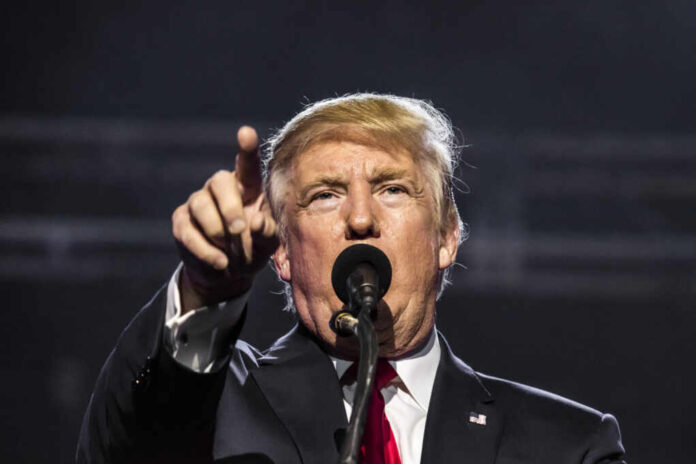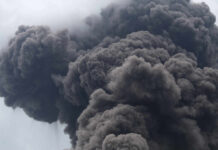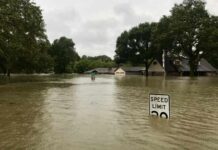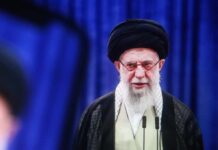
Iranian shipping magnate Seyed Asadollah Emamjomeh faces severe U.S. sanctions for orchestrating a vast network that laundered hundreds of millions in illicit petroleum products while working directly with Iran’s Revolutionary Guards.
At a Glance
- The Trump administration imposed sanctions on Iranian national Emamjomeh for evading U.S. sanctions through illegal oil transportation
- Sanctions target Emamjomeh, his son Meisam, multiple companies, and the vessel TINOS I
- Network attempted to export LPG from the U.S. to China and other destinations
- Illicit operations generated revenue that funds Iran’s nuclear programs and terrorist proxies
- Measures freeze all U.S.-based assets and require Treasury authorization for transactions
Extensive Sanctions Target Iranian Shipping Network
The U.S. Treasury Department has imposed significant sanctions on Iranian shipping magnate Seyed Asadollah Emamjomeh for orchestrating a complex operation to evade U.S. sanctions on petroleum products. The sanctions extend to Emamjomeh’s son Meisam and their extensive corporate network spanning multiple countries.
Treasury officials identified that Emamjomeh collaborated directly with Iran’s Islamic Revolutionary Guards Corps (IRGC) to transport crude oil and liquefied petroleum gas (LPG) illicitly around the world, undermining U.S. sanctions policy aimed at curbing Iran’s destabilizing activities.
“Emamjomeh and his network sought to export thousands of shipments of LPG—including from the United States—to evade U.S. sanctions and generate revenue for Iran,” Secretary of the Treasury Scott Bessent said in a statement. “The United States remains committed to holding accountable those who seek to provide the Iranian regime with the funding it needs to further its destabilizing activities in the region and around the world.”
LPG Focus Reveals New Sanctions Evasion Strategy
Unlike previous Iranian sanctions-evading operations that primarily targeted crude oil, Emamjomeh’s network focused heavily on LPG shipments, revealing a shift in tactics by the Iranian regime. This focus on LPG represents a strategic move to exploit a petroleum sector that had received less scrutiny in previous sanctions enforcement efforts. The Treasury Department identified nine additional Emamjomeh-controlled companies with significant connections to Iran’s gas sector, including firms holding a monopoly on the National Iranian Gas Company’s LPG deliveries.
The sanctions specifically target UAE-based companies involved in the operation, including Caspian Petrochemical FZE and Pearl Petrochemical FZE. These entities served as crucial links in the complex chain of illicit petroleum transportation and sales that ultimately benefited the Iranian regime and its military operations. U.S. officials emphasized that revenues from these activities directly funded Iran’s destabilizing regional actions through proxy groups like Hezbollah, the Houthis, and Hamas.
U.S. Asset Freeze and Maximum Pressure Strategy
The immediate effect of these sanctions is the freezing of all American property and interests belonging to Emamjomeh and his network. This includes the vessel TINOS I, which was reportedly involved in a 2024 attempt to load prohibited petroleum products. Any transactions involving these assets now require explicit authorization from the Treasury’s Office of Foreign Assets Control, with violations potentially resulting in civil or criminal penalties for those who engage with the sanctioned entities.
Of particular concern to U.S. officials was Emamjomeh’s attempt to establish a petroleum transportation route from Houston, Texas, to China, which would have directly violated multiple sanctions regulations. This bold move to exploit American resources for Iran’s benefit underscores the sophisticated nature of the operation and the continued need for vigilance in sanctions enforcement. The Treasury Department has indicated these measures are part of a continuing effort to cut off funding sources that enable Iran’s nuclear development and regional aggression.

























